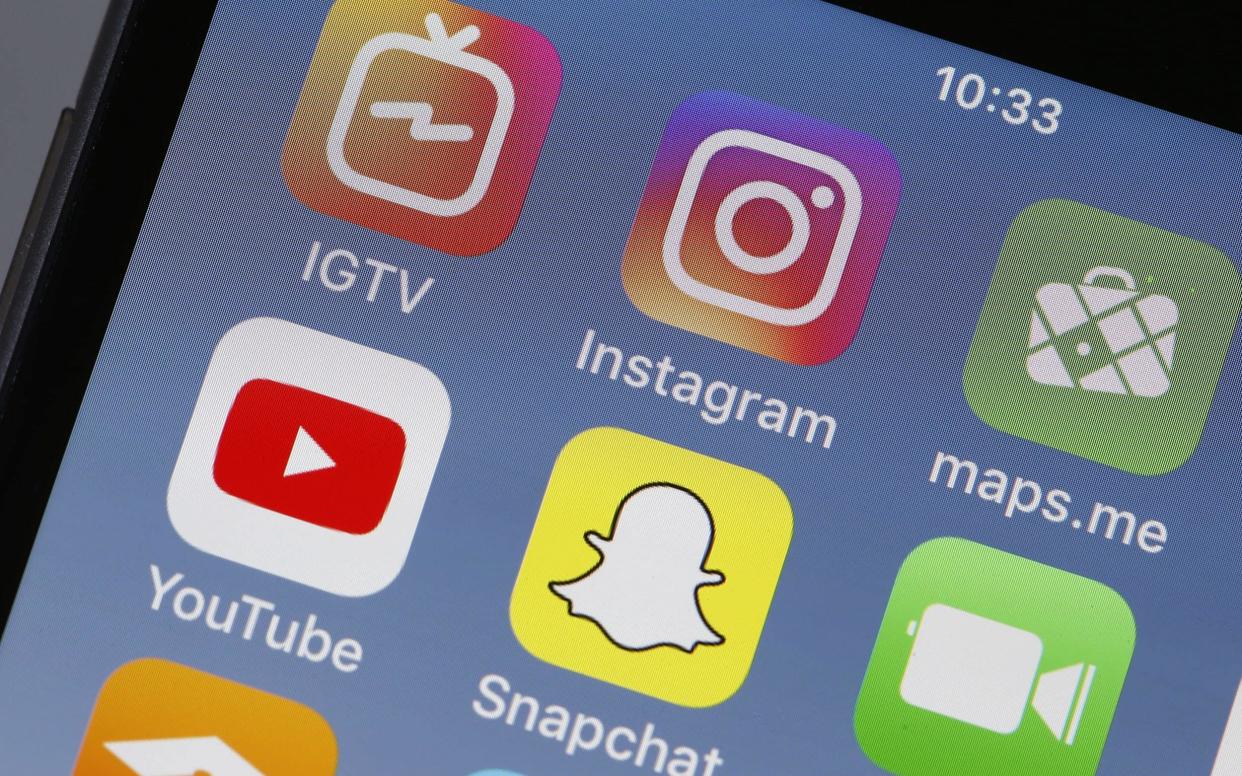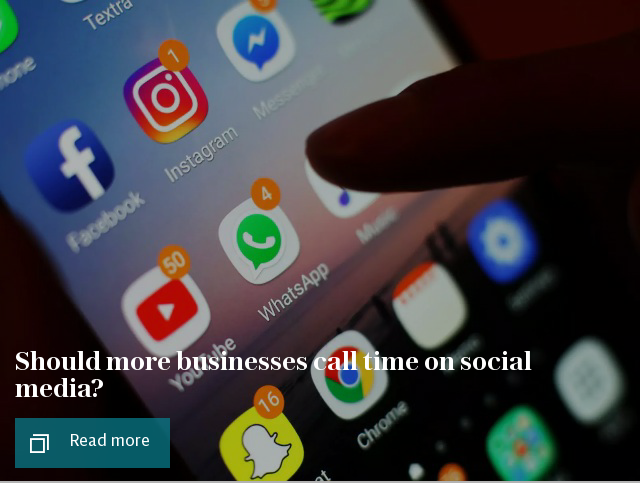Wane of social media 'influencers' as big brands drop 'stars' over fears of fake followers

The appeal of social media “influencers” to advertise products may be slipping, as Unilever called for “urgent action” to address the problem of fake followers.
The consumer goods company has pledged never to use influencers who buy followers to advertise its brands, which include Marmite, Dove soap and Colman’s Mustard.
They also warn of the limited ways of accurately tracking the benefits of promotion from social media stars and measuring “authentic engagement”.
Zazzle Media, a UK-based marketer, said the appeal of influencers is falling and they are “not a key focus” for any of the brands they work with.
A survey of brands done by the company found that influencers were not a focus for a single one.

“Part of the problem is it’s hard to determine return on investment with influencers”, said Julia Ogden, Content and PR Director for the company.
“Some do it for free, they’re happy to do whatever for an incentive. Some are charging a couple of hundred pounds, some tens of thousands. It’s even more when they have an agent.”
Keith Wood, the Chief Marketing Officer of Unilever said that trust needed to be built back into the digital world, through improving integrity and transparency of influencers.

“Their power comes from a deep, authentic and direct connection with people, but certain practices like buying followers can easily undermine these relationships”, said Mr Wood.
“The key to improving the situation is three-fold: cleaning up the influencer ecosystem by removing misleading engagement; making brands and influencers more aware of the use of dishonest practices; and improving transparency from social platforms to help brands measure impact.
“We need to take urgent action now to rebuild trust before it’s gone forever.”

 Yahoo News
Yahoo News 
